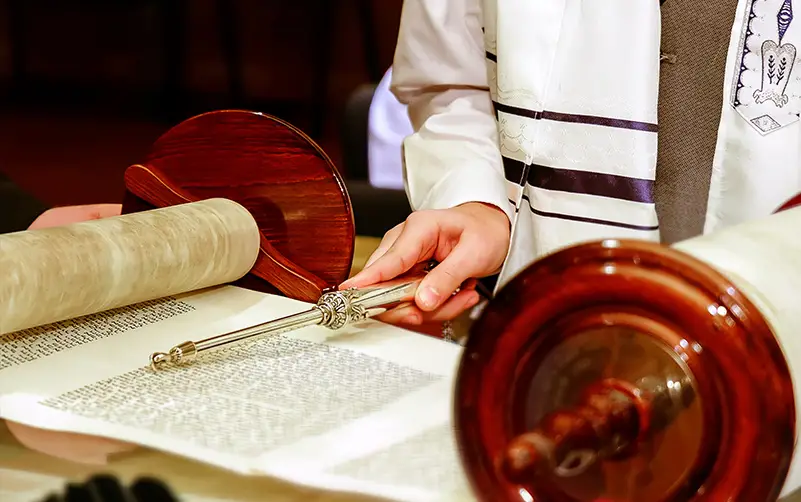Planning a funeral is never easy. When it comes to a Jewish funeral, families often face additional traditions and rules that need careful attention. Understanding these customs can make the process smoother and ensure the ceremony honors the loved one respectfully.
A Jewish funeral focuses on simplicity, dignity, and showing respect to the deceased while supporting the grieving family. Knowing what to expect can help families plan effectively during a difficult time.
Understand Jewish Funeral Traditions
The first step in planning a jewish funeral is understanding the key traditions. Jewish funerals usually happen quickly, often within 24 hours of death. This is done to show respect and follow religious rules.
The service is simple and focuses on prayers, eulogies, and remembering the person’s life. Open caskets are rare, and burials usually happen in a plain wooden coffin. Understanding these customs ahead of time helps families make decisions that align with Jewish law and values.
Work with Funeral Directors
Funeral directors play an important role in planning a Jewish funeral. They guide families through legal requirements, burial arrangements, and religious customs. Knowledgeable funeral directors ensure everything follows Jewish traditions while reducing stress for the family.
They can help coordinate the timing of the service, transportation of the body, and preparation of the grave. Working with professionals allows families to focus on mourning and supporting each other rather than handling complex details alone.
Consider the Burial Location
Choosing a burial location is another important step. Jewish cemeteries often have specific rules and sections for burials. Families should check if the cemetery follows Jewish traditions and allows quick burials.
The location should also be convenient for family and friends who will attend the funeral. Planning the grave ahead of time avoids confusion and ensures the burial respects religious customs.
Prepare the Funeral Service
Planning the service itself requires attention to prayers and readings. Many Jewish funerals include the Kaddish, a prayer for the deceased, and eulogies that reflect the person’s life. Families may want to include personal stories or messages that honor their loved one.
Preparing the service in advance helps it run smoothly and ensures everyone involved knows their role.
Support the Family During Shiva
After the burial, the family enters a mourning period called Shiva, which usually lasts seven days. During this time, friends and relatives visit to offer comfort. Planning for Shiva involves arranging meals, hosting visitors, and ensuring the family has what they need for the period of mourning.
Supporting the family during this time is an essential part of Jewish customs and helps the grieving process.
Conclusion
Planning a Jewish funeral can feel overwhelming, but understanding the traditions and seeking help from funeral directors can make it easier. Respecting customs, arranging the burial properly, preparing the service, and supporting the family are all important steps.
By carefully planning each part of the funeral, families can honor their loved one and provide comfort to each other during a difficult time. Following these tips ensures the funeral is meaningful, respectful, and in line with Jewish traditions.
